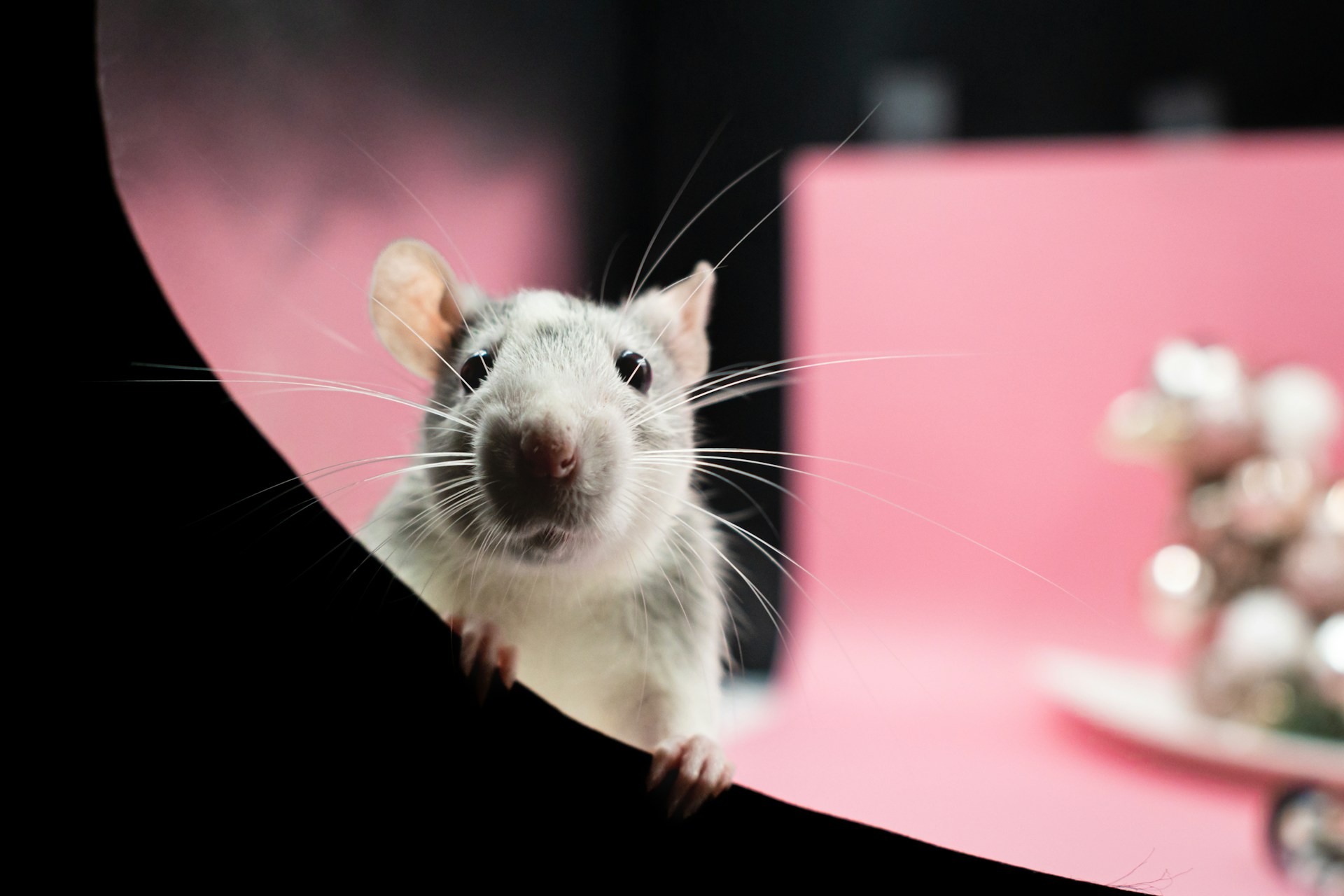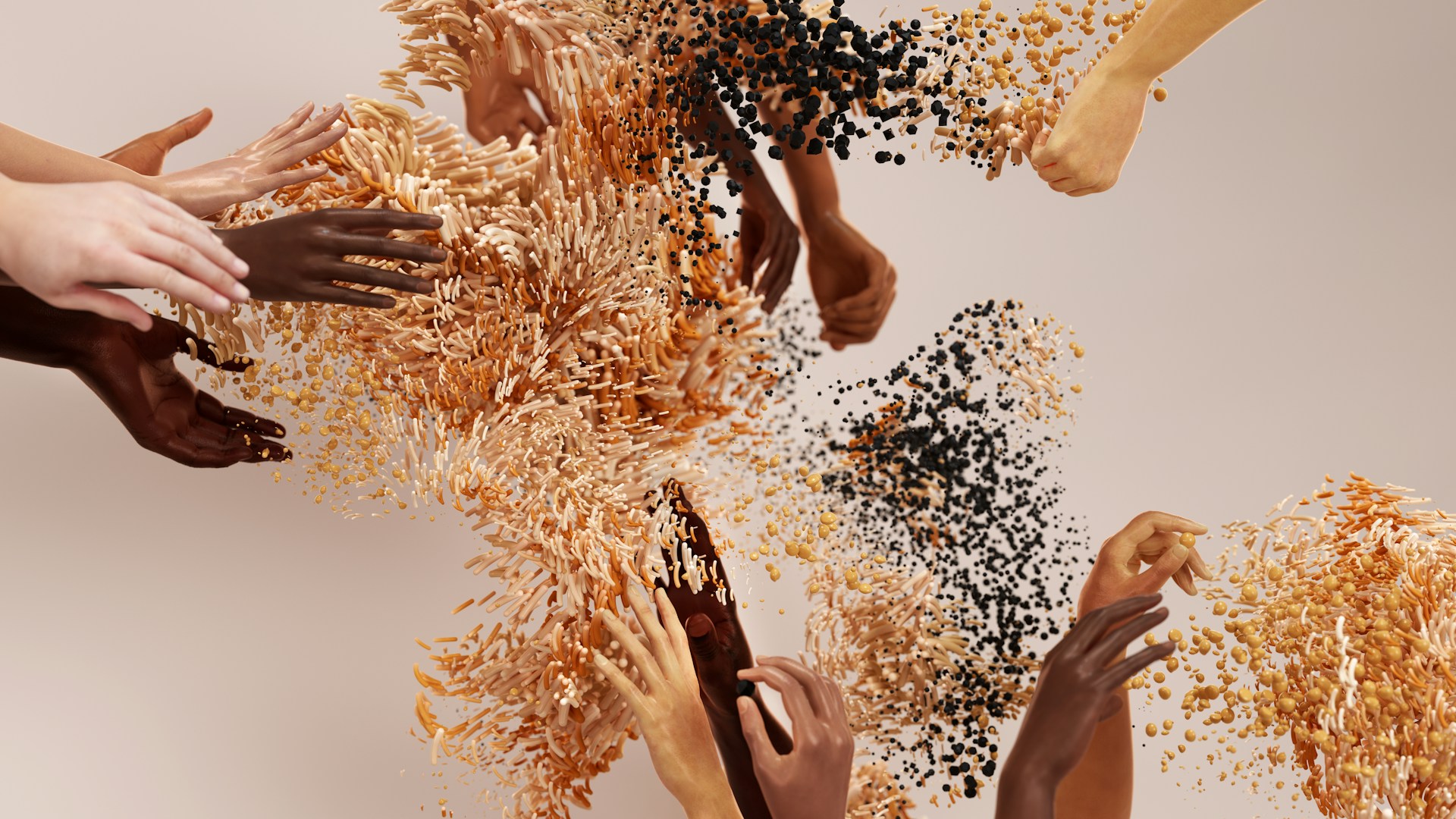Dr Adaku believes in wellbeing and enjoying what you do in life. Image credit: Wadham College, University of Oxford.
To capture Dr Adaku’s central messages during her talk hosted by the BIPOC STEM Network, this article reflects on the questions she used to structure her own talk: what makes you happy? What brings you joy? What do you actually enjoy doing?
The BIPOC STEM Network was created in 2020 for postgraduates and research, academic and administrative staff identifying as BIPOC or BAME, as well as allies. Such networks platform voices and reinforce these spaces in academia and STEM; something that raises aspirations for BIPOC and BAME students, increases inclusivity, and benefits science for all.
Dr Adaku holds a position as a Postdoctoral researcher in Oxford’s Department of Engineering Science. She has obtained two Masters degrees, in Health Economics and Marketing, and has achieved award-winning recognition in her entrepreneurial and musical endeavours. Her idea of STEM, too, embodied an outlook that reaches beyond the robotic recital of “science, technology, engineering, and maths” and instead encompasses her creative pursuits under the same umbrella term.
What makes you happy?
In the event description for ‘Dr Adaku Agwunobi: Breaking Barriers‘, which took place on 25 May 2023, Dr Adaku’s career is neatly summed into a ‘journey from being a researcher to entrepreneur and creative’. As I read this, I noticed its directness. As a statement, it conveys a fulfilling trajectory. Yet it doesn’t do her achievements justice, particularly when viewed through the lens of creating happiness. The multitude of experiences Dr Adaku has lived merits unfiltered conversation surrounding all the struggles, experimentation, and vagrant pursuits that silently accompany such shining successes. With her central message of “wellbeing”, rooted in “home, heritage, and happiness”, it is fitting that the point where breaking barriers and prioritising oneself come together is the point where expectations are not met; they are made.
There is power and agency in having a multiplicity of perspectives.
Facing these extensive qualifications, what stood out to me was Dr Adaku’s aspiration for “firsts”, for example, being the first Black researcher to obtain a PhD at Loughborough University. Being the first to do something, and ‘becoming a thought-leader in your field’ as Dr Adaku encouraged, seem like they are at entirely different ends of the spectrum of progress: with one just starting out, and the other achieving expert-status. But, if one is novelty, and the other is pioneering, then they stand equally beyond the barrier, opening up the doors for more.
There is power and agency in having a multiplicity of perspectives. It is an act against expectations and a rebellion against conformity. As described in The Guardian we should envision academic, social, and political spaces as a melting pot of people and their ideas. Termed the “Diversity Dividend” this concept demonstrates how interdisciplinarity strengthens research.
What brings you joy?
When encouraged to reflect on the question of what brings me joy, I felt passive. Is there something out there that, just by being, makes me happy? What about the agency that Dr Adaku clearly endorses? Exemplifying this alternative interpretation of STEM, as encompassing the creatives and the innovators too, is Dr Adaku’s fashion and technology magazine. Underlying it, is the principle of living life to the full, something that simultaneously allows us to be who we are—and to not care about this fact in the slightest.
Wellbeing, when applied to daily life, enriches our identity and clarifies purpose. Breaking barriers is a powerful concept, but with that comes fatigue. In fact, ‘diversity fatigue‘ is a defined phenomenon. It recognises that while communities such as the BIPOC STEM network exist, and people who share Dr Adaku’s encounters with myriad fields of research also “exist”, this remains an ongoing struggle.
Underlying Dr Adaku’s magazine, is the principle of living life to the full, something that simultaneously allows us to be who we are—and to not care about this fact in the slightest.
This struggle is resistance to stereotypes and frustration at endless reports urging the ‘STEM sector to […] end unacceptable disparities in Black staff and students academic progression and success‘; or hinting at ‘evidence [suggesting] that women, certain ethnic minorities, people with disabilities and those from disadvantaged socioeconomic backgrounds are underrepresented in education, training, and employment related to STEM’.
With such mental burden, it made it easy for me to appreciate Dr Adaku’s advice: to treat things ‘less like a chore, and more like a fun activity that boosts your wellbeing’. Dr Adaku’s own doctoral thesis applies this to entrepreneurship circles, throwing into relief interdisciplinarity, diversity, and intersectionality.
What do you actually enjoy doing?
I interpreted this question as ‘how can I translate what brings me joy into action: what can I create, and how can I give back?’ The talk became interactive, too. This question was posed by Dr Adaku to the rest of the lecture theatre.
My contribution to the Q&A section concerned the brewing questions that had built up during the presentation: You’ve branched out into so many disciplines that might not obviously overlap. Who inspires you? I received an answer grounded in “wellbeing”, not just of oneself, but of others. Dr Adaku encourages following a solutions-driven approach and being supported by social ties. This led to her ethos and ambition to improve the health and safety of women.
Dr Adaku’s brand, Hairgoals (recipient of Oxford Hub’s Social Enterprise award) is an outcome of this mindset. Appreciating yourself and others culminates in, as Dr. Adaku mentioned, ‘value proposition’: what you can bring to the table, and why it should be valued.
Dr Adaku encourages following a solutions-driven approach and being supported by social ties.
Hairgoals derived from Dr Adaku’s own struggles with caring for her natural hair, and finding a solution specially formulated for anyone else with Black hair types. Sometimes, it pays to embody gaps in the market.
Dr Adaku’s entrepreneurial spirit left me with the conclusion that exploring your interests is cumulative. Making spaces, breaking barriers, and sharing ideas is not a competition, as business models might indicate—bringing diversity to the status quo benefits everyone.
Dr Adaku mentioned her own experience of attending events like these, and how one line or phrase tends to stay with you. A few quotes have been scattered throughout this article, but one stood out in particular: ‘creativity, technology, wellbeing, and diversity is the core of everything I do’. I think this helps ease the diversity fatigue: if these are baseline values, they conflate identity and purpose, and reduce the energy needed to power agency.
Breaking barriers, I came to realise after this talk, encompasses disciplinary barriers, barriers to STEM, barriers to opportunities experienced due to gender and ethnicity, barriers because of our own self-imposed expectations, and barriers set, even unconsciously, by others. Barriers are why representation matters, so that we can visualise ourselves on the other side.
Returning to the summary line “researcher to entrepreneur to creative” creates a misleading linearity, when the central theme of the event suggested that such identities and roles can be simultaneous. Dr Adaku unapologetically pursues any areas that she is interested in, which makes spaces, and entry points, for others to follow suit.





